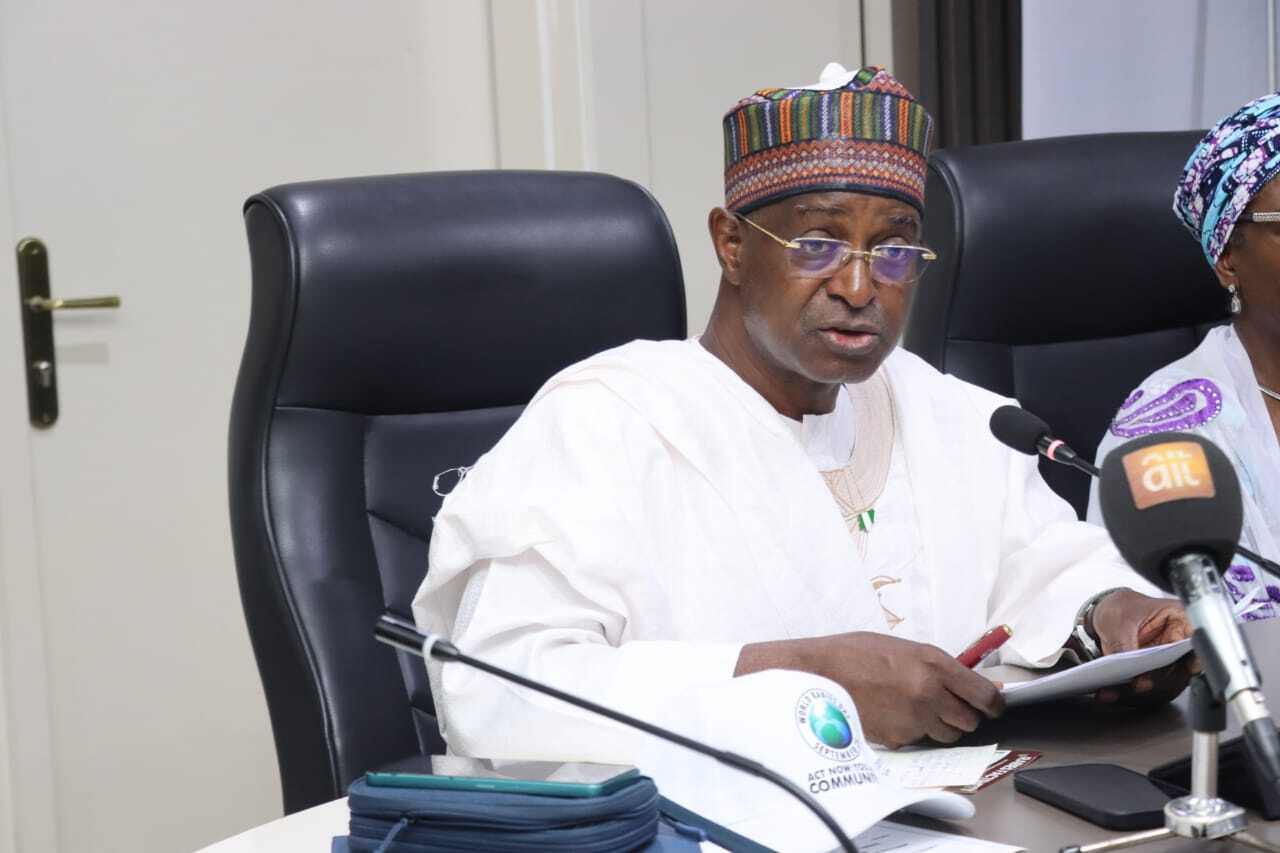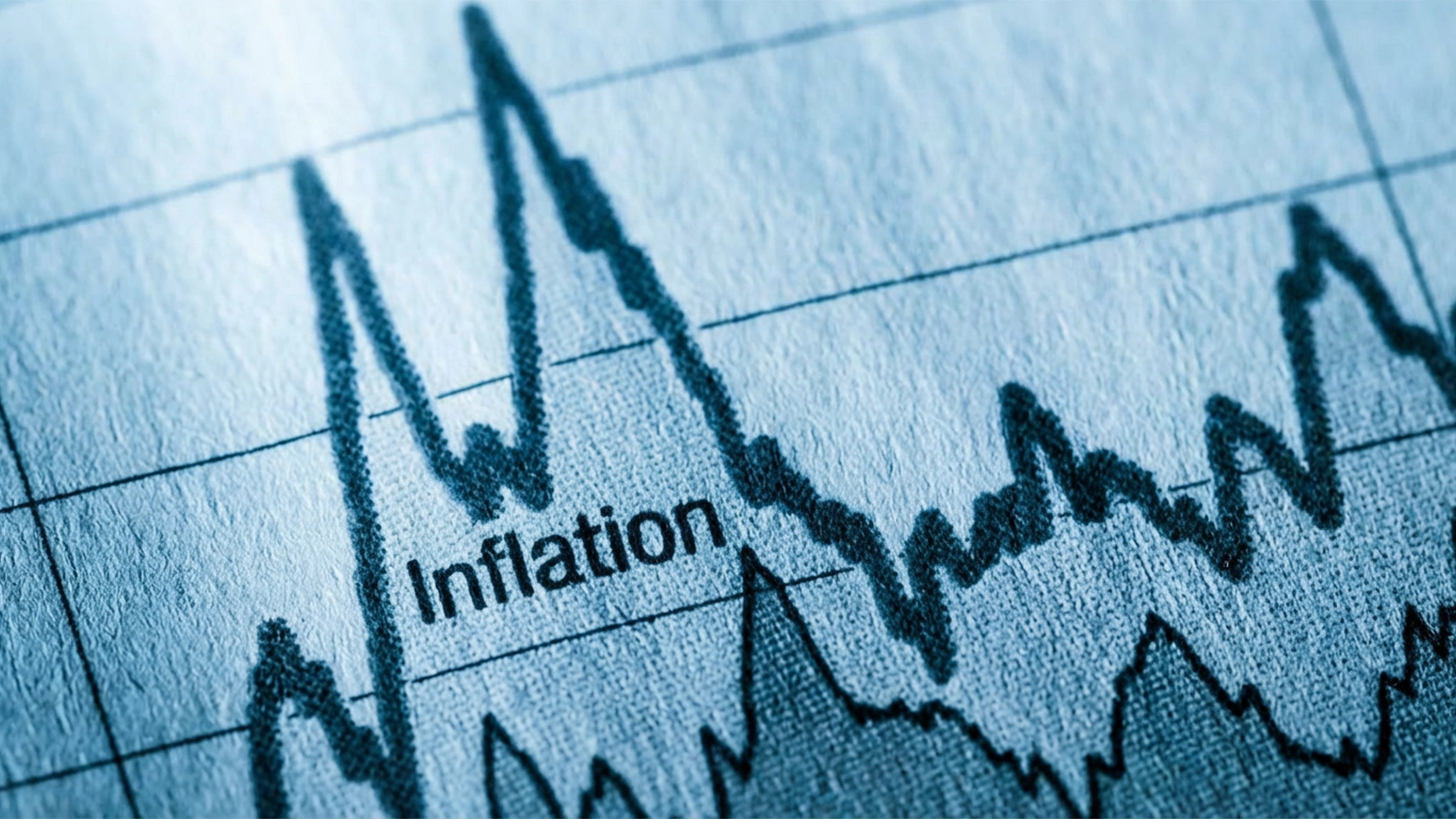[dailymotion code=”k3CvdrbLHpZcEDx4rTQ” autoplay=”yes”]
The International Monetary Fund (IMF) has retained its projection for Nigeria’s economic growth prospect for this year at 2.5 per cent.
This is contained in the July World Economic Outlook (WEO) Update released yesterday. The 2021 forecast update is the same as its April forecast. The 2022 forecast was reviewed upward by 0.03 percentage points to 2.6 per cent.
Nigeria’s projection is 0.9 percentage points lower than sub-Saharan Africa’s estimated growth of 3.4 percent. It is also far less than the six per cent global average growth estimate.
The latest projections reflect the two-track recovery occasioned by uneven progress in the COVID-19 vaccination. Both the IMF and the World Bank had warned that developing countries, unable to afford the costs of vaccines, could lag as the global economy recovers from the ruins of the pandemic.
In the new document, the global institution marked down growth prospects of low-income developing countries (LIDCs) by 0.4 percentage points, citing “slow rollout of vaccines as the main factor weighing on the recovery.
“The overall fiscal deficit in 2021 was revised up by 0.3 percentage points from the April 2021 WEO, mainly because of the re-emergence of fuel subsidies as well as the additional COVID-19 and security-related support in Nigeria.
“Still, at 5.2 per cent of gross domestic product (GDP), the overall fiscal deficit remains well below that of advanced and emerging market economies, reflecting financing constraints – about 60 per cent of LIDCs are assessed to be at high risk of or in debt distress,” the Fund said of Nigeria.
The IMF estimated the country’s public debt-to-GDP ratio, which is currently at about 35 per cent, for 2021 at 48.5 per cent.
It added: “Several LIDCs have announced an intention to restructure their debts and some have sought debt relief under the G20 Common Framework (Chad, Ethiopia, and Zambia). Once the recovery is firm, achieving debt sustainability while pursuing the United Nations Sustainable Development Goals will require raising domestic revenues, improving spending efficiency, developing medium-term fiscal frameworks and undertaking structural reforms to facilitate private sector activity.”
The review was positive on global trade in the year, noting that “despite near-term supply disruptions, global trade volumes are projected to expand 9.7 per cent in 2021, moderating to seven per cent in 2022.
“The merchandise trade recovery is set to broaden after being initially concentrated in pandemic-related purchases, consumer durables, and medical equipment. Services trade is expected to recover more slowly, consistent with subdued cross-border travel until the virus transmission declines to low levels everywhere,” it stressed.
Advanced economies’ average growth estimate was upgraded from the April report by 0.5 percentage points to 5.6 per cent. South Africa’s 2021 GDP growth forecast was also marked up by a margin of 0.9 percentage points to four per cent.






